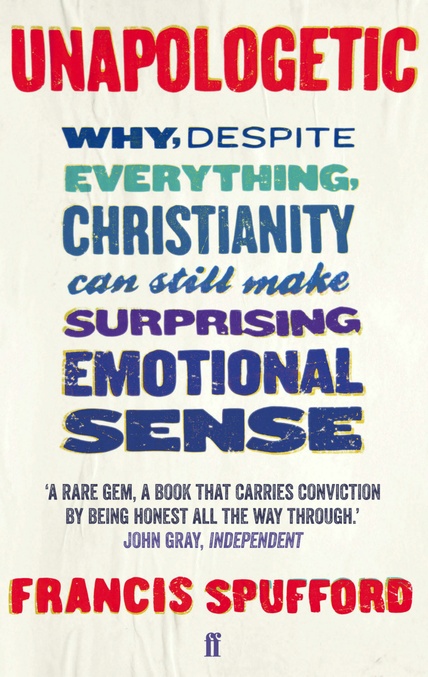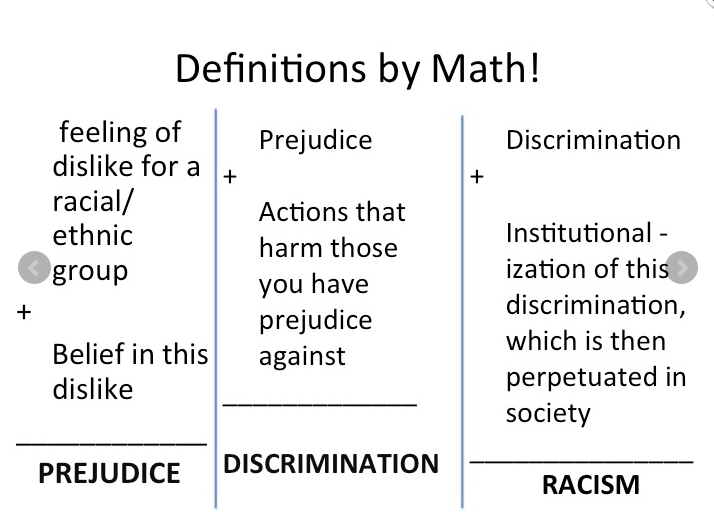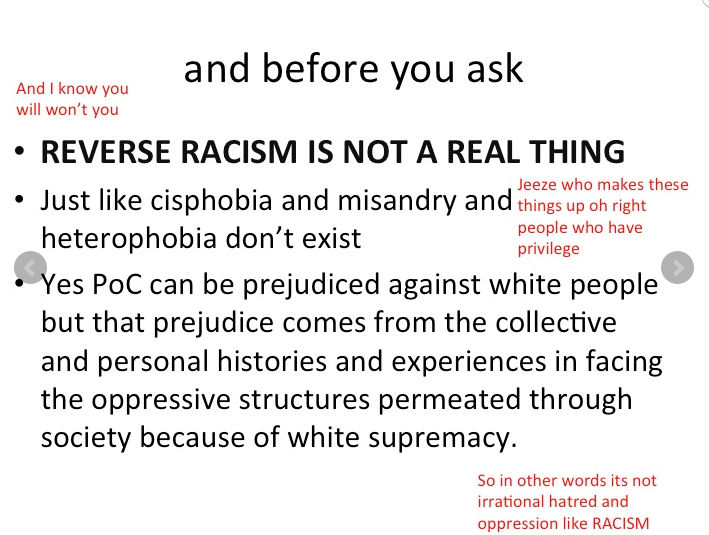Salon is running an excerpt from Francis Spufford’s book: Unapologetic: Why, Despite Everything, Christianity Still Makes Surprising Emotional Sense, and it’s nothing short of a revelation to read. (Especially coming from Salon.) I’m quite sure I wouldn’t agree with Spufford on everything, but his ranting and raving against the shallow vanity of the New Atheists warms me to my deepest core. This is someone with whom I’m sure I would argue a very great many points, but who at some fundamental level gets it. For example (warning: some strong language):
Month: November 2013
Amazon, your newest car dealership. Okay, not really.
Not actually selling, but acting as a portal. Maybe a gussied up advertisement. I’m not sure what it means, or if it will catch on, but selling cars outright on Amazon is inevitable, isn’t it? Amazon certainly isn’t the first online front to feature cars, but it’s certainly the most popular and well-known. While I’m not particularly impressed with… whatever this is, I wonder, how long until they are actually selling the cars themselves instead of just pointing you to your nearest dealership? And will people be willing to spend money on a car they haven’t actually touched and driven? (I say if the price is right, yes, they will).
What Corruption Looks Like To Me
As the National Review reports:
Hillary Clinton spoke at two separate Goldman Sachs events on the evenings of Thursday, October 24 and Tuesday, October 29. As both Politico and the New York Times report, Clinton’s fee is about $200,000 per speech, meaning she likely netted around $400,000 for her paid gigs at Goldman over the course of six days.
Does this feel deeply wrong to anyone else? Overpaid CEO’s are bad enough, but at least you can make a plausible argument that their compensation is in some way related to their contribution. Something like: the competitive advantage of having the best CEO justifies the price, even if his marginal work input doesn’t. Same basic idea for highly-paid professional athletes: a $10,000,000 player is not 10x better than a $1,000,000 player, but teams will pay a premium to get the very best.
But a speech? I’m sure it’s not technically anything as vulgar as a bribe, which would apply some kind of specific quid pro quo. You could see it as just some kind of bizarre conspicuous consumption, I suppose. “Look how awesome we are, we got Hillary Clinton.” But even that has sinister undertones, to me. Does anyone really think Hillary has anything that remarkable to say divorced from the power she wields? This is the kind of money you have to spend to get a private concert from a rock star, but at least then you know that there’s music involved. This? To me it just looks like the mechanism of America’s new aristocracy. Go to an elite school, enter “civil service” or get elected to a prominent office, and suddenly the world is your oyster. Whether it’s rampant insider trading at congressional offices (yes, that’s a thing) or just having money thrown at you for making speeches the message is clear: if you have influence in the government then you are no longer an ordinary human being. You’re not really a celebrity, either. You’re an aristocrat.
These people–liberal or conservative and Republican or Democratic–just don’t seem to be the same “we the people” as the rest of us.
The Future Needs Airships
It’s funny (funny strange, not funny “ha ha”) how society can act like an individual person in some ways. After the Hindenberg horrifically exploded, it was as though all of humanity had recoiled from touching a hot stove. Despite the fact that modern airships are filled with helium instead of flammable hydrogen, in some ways we’ve never gotten over the trauma of that incident.
But time and economics may finally be giving the airship a come back.
Cool House, Terrible Reporting
The Internet is pretty awesome as a kind of external hard drive for your brain because the information is so conveniently accessible. But if the information that you conveniently access is crap, then so much for the promise of the brave new future.
Consider this interesting house, which I found out about from a ViralNova story on Oct 26. The ViralNova story mentioned zombies (a lot) and depicted the home as some kind of prepper-bunker: “The fortress is virtually indestructible. Thieves, rioters and even an army couldn’t get in once you lock up.” Why is it indestructible? Because it’s obviously built of solid steel right? Err… no.
I was interested enough that I did some light research and found an older Techeblog article (from 2012) that featured the same house with basically the same motif: zombies. The article claimed the house was “impenetrable to just about anything short of missiles / bombs.” Based on what? I have no idea. They posted a YouTube video of the designer explaining his creation, and he didn’t mention a single thing about zombies. He did mention the construction of the house, however. The longest moving wall is built on a steel truss, but that’s just the internal skeleton. The outer layer is light-weight wood, and it’s filled with “mineral wool” for insulation. None of that is remotely “indestructible”, but then again the Techeblog article mentions “a guesthouse, complete with floor-to-ceiling windows.” when it’s actually an indoor pool. Clearly they didn’t watch the video that they posted on their own site.
The thing that’s both sad and annoying is that the actual explanation of the home’s intent is far more interesting than ridiculous claims about rocket-proof walls or zombies. The designer has a fascinating take on the idea of organic construction. Instead of stereotypical rounded edges, it’s the function rather than the form of this building that makes it organic. It is designed to open like a flower every morning to let in the sun’s energy, and then close at night to conserve that energy. Security is a feature, yet, but it’s not the most interesting or important aspect of the building.
Armed with the name of the firm that designed the building, I found their own description of their work. I’m glad I did, because they have several other interesting concepts. Call me weird, but learning about modern architectural theories was much more interesting than the silliness in the original articles.
I know, I know. I’m a grumpy old man yelling at the kids to get off my lawn. I get it. But there’s a simple point I still think is worth getting grumpy about. The world is interesting enough as it is without lazily applying your preconceived notions to it. Yes, the home’s slate-gray coloring make it look intimidating and fortress-like, but digging deeper reveals a more interesting story. I know that ViralNova and Techeblog aren’t overly concerned with credibility or veracity, but hey: I am.
So I took the time to look up the real info, write it here, and I hope y’all enjoy learning about the home and the designer’s philosophy and seeing their other buildings as much as I did.
Racism: A Definition and a Critique
A couple of weeks ago I came across an extremely articulate explanation of perhaps the dominant perspective of racism from the American political left. The explanation comes in the form of an online Powerpoint at the Tumblr of Women of Color, In Solidarity.
It’s a fairly short and straight-forward presentation, and I’m deeply appreciative of how starkly it lays out the case against white privilege, starting with this definition of the key terms:
So here we have a very precise definition of racism: it is the institutionalization of discrimination (which is itself the acting out of prejudice). This definition has one very important and straightforward consequence: reverse-racism (i.e. anti-white racism) cannot exist.
In simple terms: individuals may have anti-white prejudice and may even act on that prejudice (which is anti-white discrimination), but because this discrimination is not built into the structure of our society it’s not institutionalized and therefore doesn’t qualify as racism by definition. The author slammed this point home with one more emphatic slide:
Once again: this is a clear and unambiguous perspective on race and–within its assumptions and definitions–it is consistent and logical.
But it is still deeply, deeply flawed. The flaw will seem subtle at first, but as it ripples through the larger argument it will have profound implications. And the flaw is this: the assumption that the cause of discrimination is animosity.
Ender’s Game and Maneuver Warfare

Medium’s War is Boring section has an interesting article on the strategic content of Ender’s Game. I’d known that the book was used as an example of leadership skills, but it turns out that it’s also a very good source for modern military theory:
By some strange, serendipitous coincidence, Ender’s Game is the best book on maneuver warfare ever written—and a contemporary of the theory’s renewed prominence. If you’ve ever read the novel, you’ve been exposed to some pretty smart ideas for waging war.
I’ve seen the movie, by the way, and the short-short review is “I liked it.” (Not “loved”.) I’ll write a longer review soon, but probably after I’ve seen it one more time and/or listened to the new Ender Alive audio version. In the meantime, read the rest of this article for an interesting new perspective on the work.
The End of Obama’s Credibility?
The last paragraph of this National Journal article pretty much sums up how I feel:
On history’s scale of deception, this one leaves a light footprint. Worse lies have been told by worse presidents, leading to more severe consequences, and you could argue that withholding a caveat is more a sin of omission. But this president is toying with a fragile commodity: his credibility. Once Americans stop believing in Obama, they will stop listening to him. They won’t trust government to manage health care. And they will wonder what happened to the reform-minded leader who promised never to lie to them.
At this point, I’m well past “I told you so” and just fairly sad about the whole thing. There was so much promise in the Obama campaigns, and so little has actually been delivered. We’re not a nation fundamentally transformed. We’re a nation accelerated down the same path we were already headed on under W. Bush.
U.S. Death Penalty Support Lowest in More Than 40 Years
I love Gallup.
Sixty percent of Americans say they favor the death penalty for convicted murderers, the lowest level of support Gallup has measured since November 1972, when 57% were in favor. Death penalty support peaked at 80% in 1994, but it has gradually declined since then.
Key points:
- Support for the death penalty has exceeded opposition since 1936 in all but one survey (May 1966).
- Since 2000, several states have enacted moratoriums or outlawed the death penalty entirely, partially due to several death-row inmates proven innocent of the crimes for which they were convicted.
- 81% of Republicans currently favor the death penalty, compared to 60% of Independents and 47% of Democrats.
- 52% of Americans believe the death penalty is applied fairly, compared to 40% who believe it is applied unfairly.
- 44% of Americans believe the death penalty is not imposed often enough, compared to 26% who believe it is imposed the right amount of time and 22% who believe it is imposed too often.
- 18 states do not allow the death penalty; 6 of those bans have occurred since 2006.
In my experience, most arguments around the morality of the death penalty focus on whether the government should have the right to execute people guilty of certain particularly heinous crimes. I believe the work of organizations like the Innocence Project has drawn attention to a different category of death penalty opposition: a person can believe it is morally acceptable to execute the guilty, yet still oppose the death penalty because they believe the system is too error-prone to implement (i.e. there’s too high of a risk of executing innocent people).
Of course we will never have a perfect system, but there are certain reforms that can lower the error rate. Still the questions remain: when risking innocent lives, what error rate is low enough? What do we gain in return for that cost?
I do believe some people deserve to be executed. I’m just weary of entrusting such an awesome responsibility to our government.










